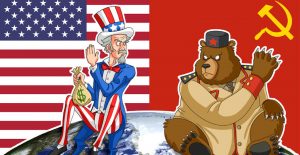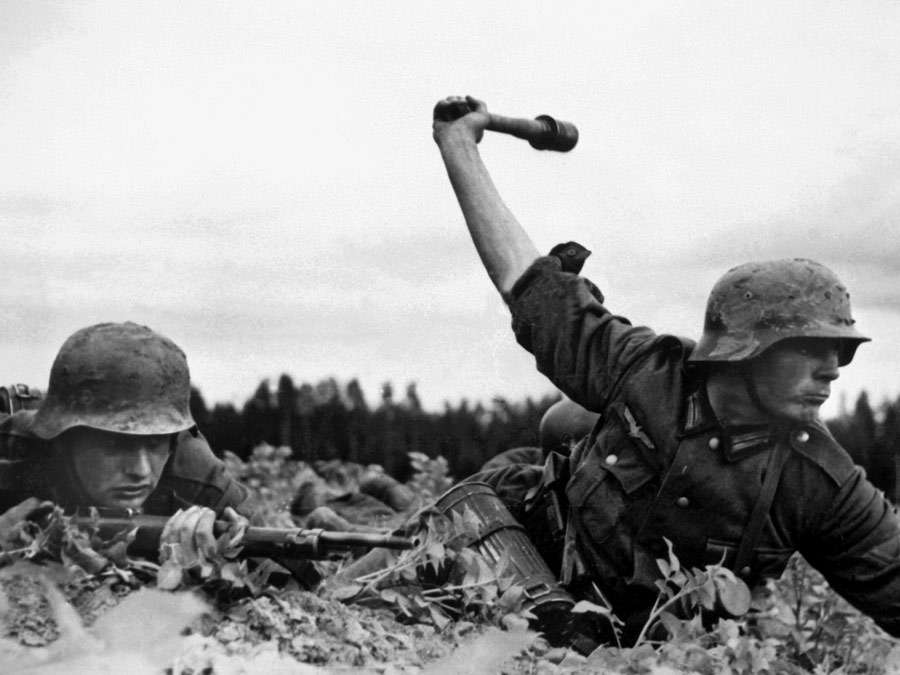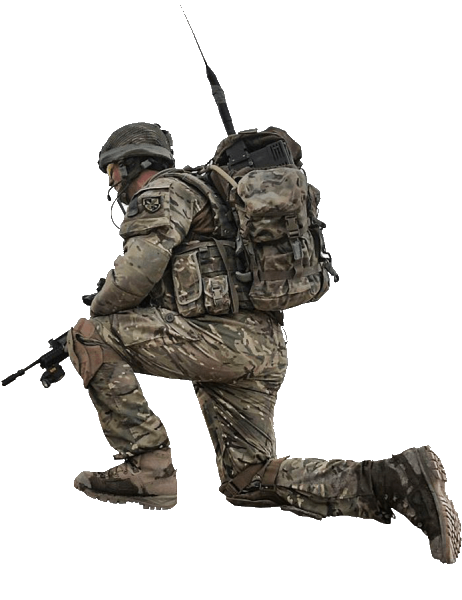In the late 1930s, Stalin had worked with Foreign Minister Maxim Litvinov to promote popular fronts with capitalist parties and governments to oppose fascism. The Soviets were embittered when Western governments chose to practice appeasement with Nazi Germany instead. In March 1939 Britain and France—without consulting the USSR—granted Hitler control of much of Czechoslovakia at the Munich Agreement. Facing an aggressive Japan at Soviet borders as well, Stalin changed directions and replaced Litvinov with Vyacheslav Molotov, who negotiated closer relations with Germany.[20]
After signing the Molotov–Ribbentrop Pact and German–Soviet Frontier Treaty, the Soviet Union forced the Baltic countries—Estonia, Latvia, and Lithuania—to allow it to station Soviet troops in their countries.[21] Finland rejected territorial demands, prompting a Soviet invasion in November 1939. The resulting Winter War ended in March 1940 with Finnish concessions.[22] Britain and France, treating the Soviet attack on Finland as tantamount to its entering the war on the side of the Germans, responded to the Soviet invasion by supporting the USSR’s expulsion from the League of Nations.[23]
In June 1940, the Soviet Union forcibly annexed Estonia, Latvia, and Lithuania.[24] It also seized the Romanian regions of Bessarabia, Northern Bukovina, and the Hertsa region. But after the German Army invaded the Soviet Union in Operation Barbarossa in June 1941 and declared war on the United States in December 1941, the Soviet Union and the Allied powers worked together to fight Germany. Britain signed a formal alliance, broadened to a military and political alliance in 1942, and the United States made an informal agreement. In wartime, the United States supplied Britain, the Soviet Union and other Allied nations through its Lend-Lease Program.[25] The British Commonwealth and, to a lesser extent, the Soviet Union reciprocated with a smaller Reverse Lend-Lease program.[26][27] However, Stalin remained highly suspicious, and he believed that the British and the Americans had conspired to ensure that the Soviets bore the brunt of the fighting against Germany. According to this view, the Western Allies had deliberately delayed opening a second anti-German front in order to step in at the last minute and shape the peace settlement. Thus, Soviet perceptions of the West left a strong undercurrent of tension and hostility between the Allied powers.

ZDA – Sovjetska zveza









